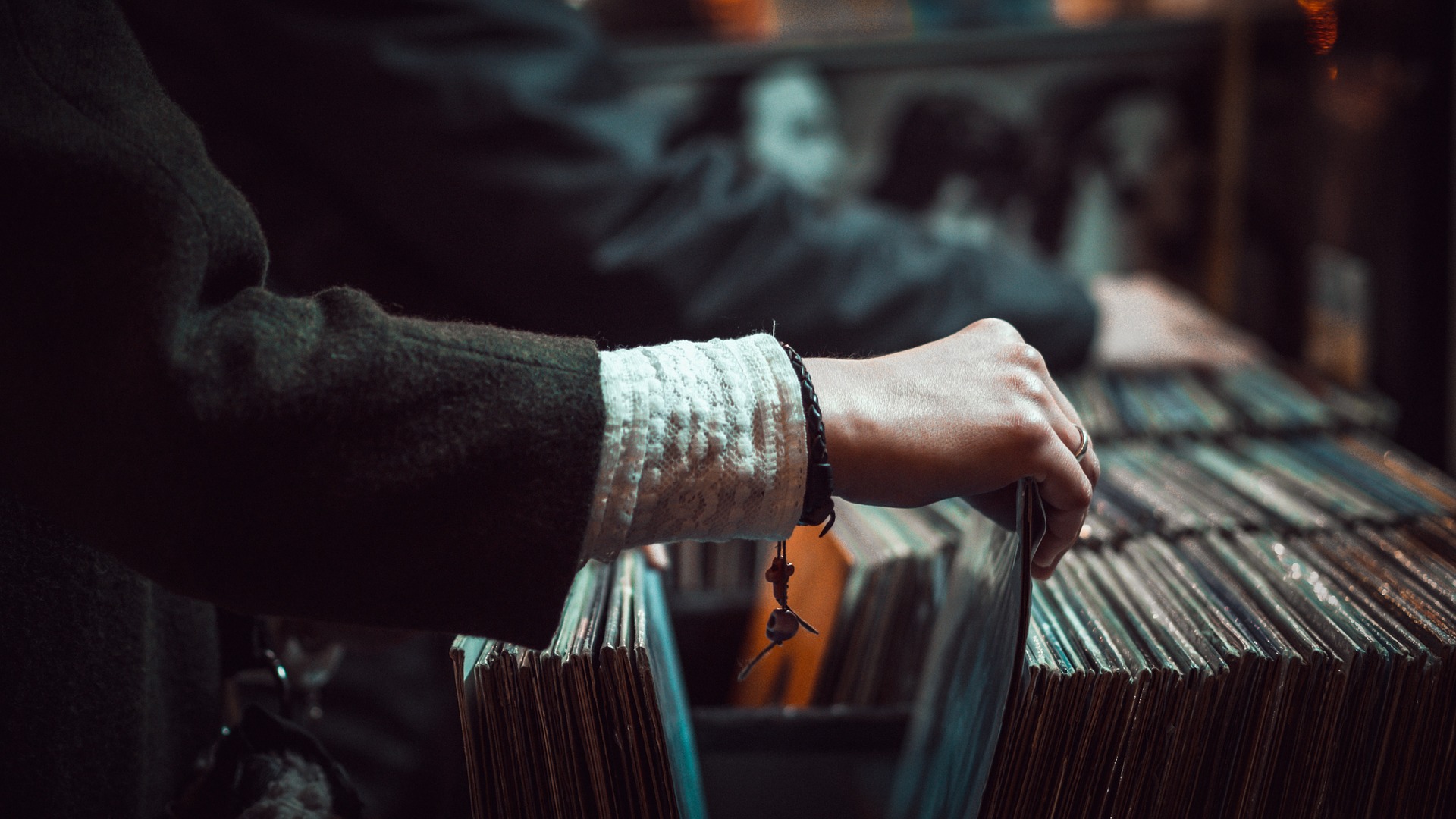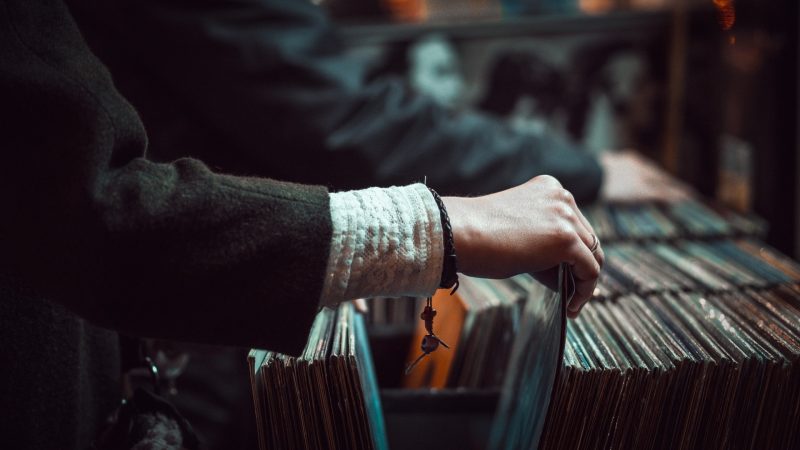Weighing the value of music snobbery


“That’s not real music.”
We’ve all either heard that phrase from a music snob, or we’ve been the one saying it. With a liking for obscure music over what’s on the radio, music snobs are people who consider themselves better than listeners of trending songs. They’re usually dismissive of current mainstream music, which they believe is objectively bad.
It’s easy to cast them off as pretentious know-it-alls, especially in conversations about any song that’s charting, or — God forbid — from Coldplay, which is the music snob equivalent of a crime. Even so, there’s value in music snobbery when it encourages close attention to songs.
When there’s so much emphasis on whether a song is good, listeners tend to examine it further. Instruments, tempo, and lyrics, which producers and songwriters can put so much effort into, become more apparent. Listeners can gain appreciation for a song’s details and different parts, rather than just catchiness.
Usually, scrolling through a music snob’s playlist is like travelling in a time machine. It’s a mix of songs from other decades, underground artists, and early, pre-fame works of now popular bands.
While those traits don’t automatically make a song good, music snobs are important in preventing older tracks from becoming forgotten. This promotes awareness of iconic musicians in history, such as the Velvet Underground, who have influenced current bands like the Arctic Monkeys.
Music snobs wouldn’t be music snobs, however, without the labelling of all generic songs as bad. They often have a distaste for catchy melodies, simple beats, and shallow lyrics.
This way of thinking assumes music needs to be meaningful in order to count. It arguably neglects other purposes of music, such as recreation and mood control. Upbeat songs, for instance, are perfect for dancing and bringing on happy emotions.
In fact, research has shown listeners of upbeat music to experience improved moods in two weeks. In the same study, listeners of less positive music didn’t have this outcome.
Gwen Stefani’s “Hollaback Girl” may not contain mind blowing lyrics or melodies, but it gets you moving, which is also important. The same applies to Nicki Minaj’s “Anaconda,” and most mumble rap. Without songs like those, parties and clubs would be silent rooms where people stand around drinking and making occasional conversation.
What’s more, one of the top reasons people download and listen to music is because they like the way it sounds. Sure, it’s a simple reason, but it’s still valid. Music snobs tend to overlook the entertainment value of music, failing to realize that different occasions call for different soundtracks.
Mainstream music serves its own purpose, as do lesser-known songs, and both are valuable in their own way. Besides, life is too short to pretend you don’t like Dua Lipa.

